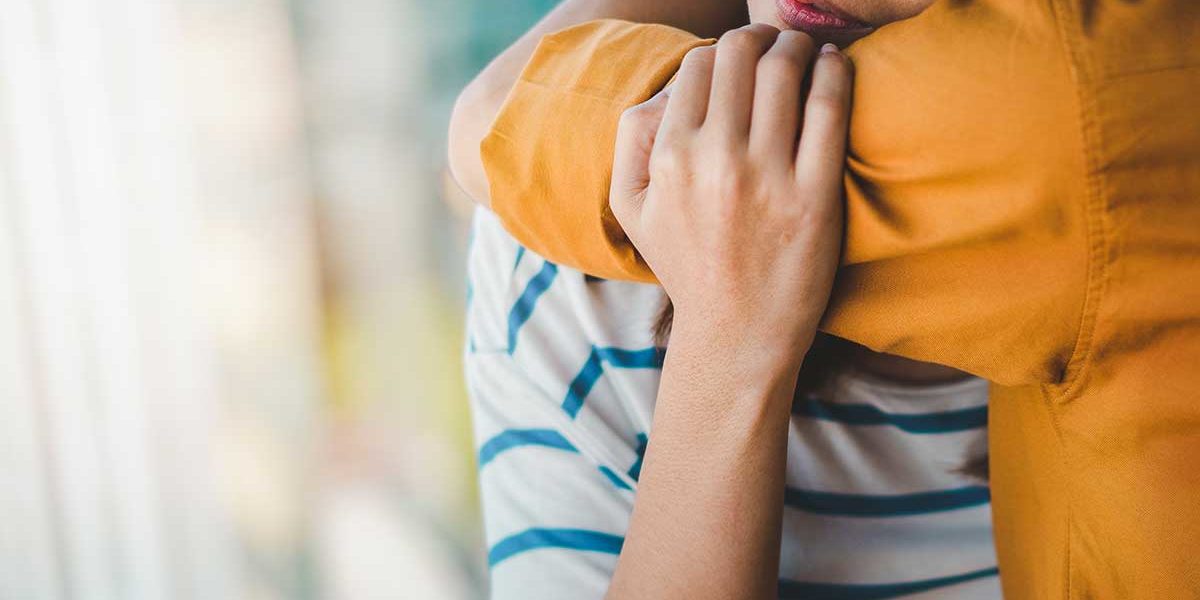Opioids can be a nasty bit of business when overused or misused. Over the past quarter century, the U.S. Department of Health and Human Services has released multiple public health alerts and declared numerous states of emergency regarding opioid use. This crisis has been represented in countless stories, films, and television shows, often depicting the dark underbelly of opioid overdose and addiction. What is often left out of these stories are instances where someone recovers from their opioid addiction.
To set the record straight, it is most certainly possible to recover from opioid addiction and lead a happy, productive life. However, because of opioids’ psychological effects, quitting can be incredibly challenging when done alone. That is why, when suffering from an opioid use disorder, it is essential to consider opioid use disorder treatment. Getting the right help is especially important for teens and young adults, as they are far more susceptible to social pressure, making them vulnerable to relapse. For more details, reach out to the Spokane Falls Recovery Center team to learn about opioid addiction.
What Is OUD?
OUD is an acronym for opioid use disorder, a form of addiction characterized by the compulsive use of opioids. Someone suffering from OUD may have had unsuccessful attempts at quitting or may want to stop using but can not because of the drug’s effect on their mind and body. Someone dependent on opioids can exhibit a range of symptoms, some of which include:
- Physical dependence
- Increased tolerance
- Cravings
- Social isolation
- Alterations in sleep patterns
- Decreased attention to hygiene
- Weightloss
- Drowsiness
It is important to note that physical dependence can occur without abusing the medication. Those who take opioids for pain may be physically dependent on the drug without being addicted. Unfortunately, regardless if someone is addicted to the medication, coming off of opioids when physically dependent will result in withdrawal symptoms. Symptoms of withdrawal are one of the leading causes of opioid relapse. Luckily, the severity of these symptoms can be reduced through the help of an opioid recovery center.
What Is an Opioid Recovery Center?
An opioid recovery center describes a facility where someone suffering from OUD can receive treatment. One of the most significant hurdles for quitting opioids is the withdrawal period and its associated symptoms. In treatment, this is called medical detox. Detox is often the first time patients are separated from opioids. Opioid recovery centers can manage the withdrawal symptoms caused by this separation and stabilize patients before they enter the remainder of their treatment.
Following detox, patients will undergo multiple exercises and activities in addition to group and individual therapy. These help patients better understand the influences causing their addiction while teaching valuable life skills and coping mechanisms designed to combat cravings and prevent possible relapses. Towards the end of treatment, patients will work with their therapists to craft an aftercare plan. Recovery does not just end when patients complete treatment, and transitioning back to everyday life can pose a significant challenge in and of itself.
Aftercare plans help patients through this transition by providing resources and reaffirming the lessons learned during treatment. Patients receive access to additional resources such as alumni programs, substance use meetings, and sober social activities to help those new to recovery build a community they can rely on.
Qualified Opioid Addiction Treatment in Spokane, Washington, at Spokane Falls Recovery Center
While addiction is a scary event to anyone, regardless of age, it can be incredibly confusing to teens and young adults. Youth today walk a very thin line between striving for social acceptance and crafting their own identity, which can create unbearable stress and anxiety. In these moments, healthy tools and coping mechanisms can make a difference.
At Spokane Falls Recovery Center, we have developed our curriculum so that patients who complete treatment leave our facility with the confidence and skills necessary to overcome any obstacle life might throw their way. For more information on opioid use disorder treatment for teens, schedule an appointment, or contact us today at 844.962.2775.







